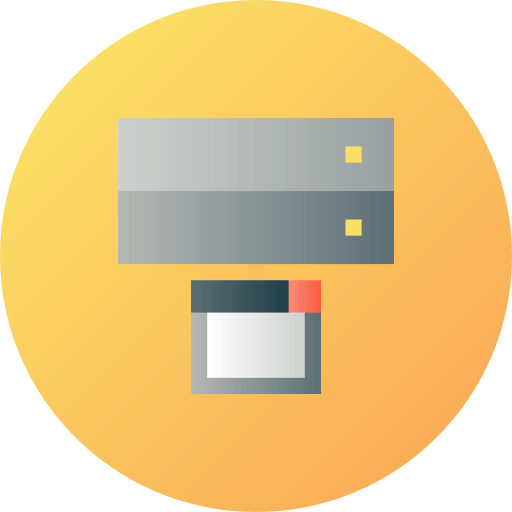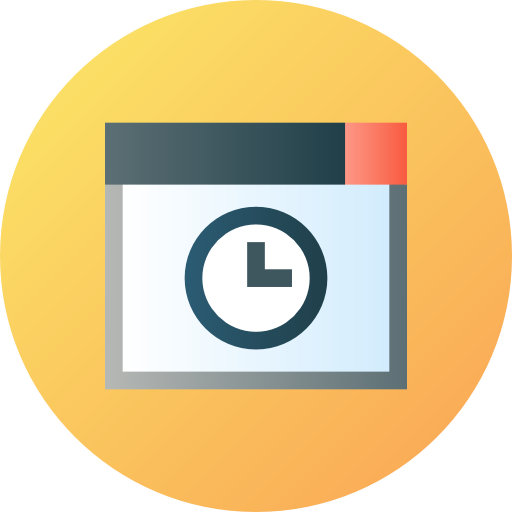Learn more even faster with REL

Embedded Science of Learning
The Science of Learning: the scientific study of how people learn (Meyer’s, 2018). The Science of Instruction: the scientific study of how to help people learn (Meyer’s, 2018). The Science of Assessment: the scientific study of how to determine what people know (Meyer’s, 2018). REL integrates these

Scaffolded Content
Scaffolding content allows REL’s technology to offer support to a learner throughout their learning process. Scaffolding can be compared to how a construction company provides the support (or scaffolds) of building a skyscraper using both “adjustable and temporary“ (Palincsar, 1986, p.75) support mechanisms as the building

Spaced Retrieval Quizzes
Many learning and teaching techniques/practices used in education are not born from science but are rooted in theory, lore, and intuition. One of the evidence-proven strategies used by REL is that repeated exposure to formative quizzes over spaced time intervals (spaced distribution) result in more efficient learning and greater …

At REL, we are deeply committed to helping Students and Educators learn more effectively through Evidence-Based Education. A recent working paper was published to show that medical students who used our spaced retrieval quizzes the most (top 25% of quiz takers) had a 152% increased likelihood (OR 2.52; p = 0.043) of passing their first semester of medical school compared to those who used it less (lower 75% of quiz takers)
Using an Automated Spaced Repetition Algorithm to Enhance Learning in Caribbean Medical Students
Even though research has shown that educators who use data for decisions can increase student achievement (Carlson, Borman, & Robinson, 2011; Ebbler, 2016, Lai, Wilson, McNaughton, & Hsiao, 2014), studies have also shown that educators and schools are not effective with using data (Ebbler, 2016, Mandinach & Gummer, 2013; Marsh, 2012). Ebbeler, Poortman, Schildkamp, and Pieters (2016), describe data use as being “a complex, non-linear, and iterative process that requires educators to access data, collect data, analyze data, and turn the data into meaningful and useful information” (pg. 20). To make meaningful use of data, educators must have access to actionable data and then integrate this with their expertise and understanding of their context and teaching practices (Coburn & Turner, 2011; Marsh, 2012). In response to this need REL is designed to make data actionable and student specific for both students and educators to drive data driven decisions and improve student achievement.

REL AI flashcards are mapped to your curriculum and integrated to your personal data analytics driving data driven decisions, improving your time spent studying, and increasing the amount you learn to maximize student achievement.






Anatomy
Anatomy
Components of the body and major body systems including structure of the human body, anatomical terminology, biochemical composition of the human body.
Biochemistry
Biochemistry
Molecular structure, metabolic pathways, gene expression, genetic diseases and metabolic disorders, clinical implications of human biochemistry.
Cell Biology
Cell Biology
The structure and function of cells; membrane structure and composition, transport, and trafficking; the cytoskeleton and cell movement; the breakdown of macromolecules and generation of energy; the integration of cells into tissues; as cell cycle regulation, signal transduction, apoptosis and cancer cell biology.
Epidemiology & Biostatistics
Epidemiology & Biostatistics
The study of the distribution and determinants of health-related states and events in specified populations with the application of statistical principles to questions and problems, while providing tools and techniques for collecting data and then summarizing, analyzing, and interpreting it











